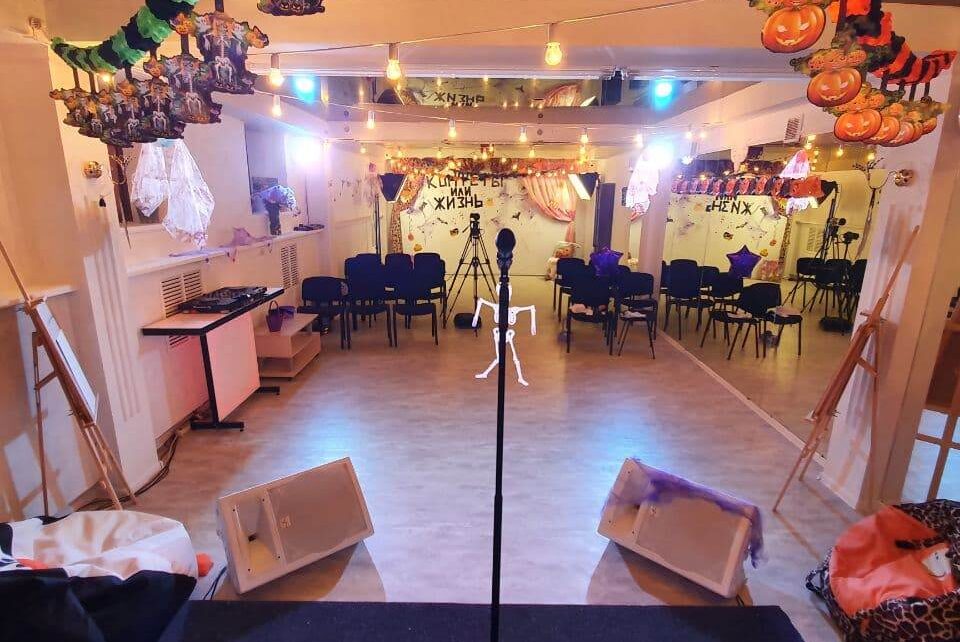
It is difficult to find a person who would not like to sing. Finding a person who sings well is already much more difficult. But to become one of the vocalists is beyond fantasy. Or not? Can everyone sing?
How to start singing?
In short, you open your mouth and eat. There is nothing difficult about this, especially if there is no one nearby. But this is not what usually comes to vocal lessons for adults. Singing is a great way to express yourself. But when vocals sound like a hungry bulldog howl or a frightened mouse squeak, self-expression becomes problematic.
The most logical decision is to sign up for vocal lessons. In Kiev, it is easy to find a school or studio that offers both individual and group vocal lessons for adults and children. Experienced teachers can help with voice training even for those who are not only stepped on by the bear, but also completed several laps of honor. What magical techniques do professional teachers use to magically make their students’ voices melodic and powerful?
How to develop vocal skills?
There is nothing magical about learning to sing. Like any other skill, vocals are developed with the help of special exercises and constant practice. For some, lessons are easier, as they naturally have good vocal abilities.
The vocal data of a person is determined by many criteria. Among the main indicators, there are the beauty of the timbre, the flightiness of the voice (sonorousness), the strength of the voice and the tessature / range:
- The beauty or pleasantness of a timbre is highly subjective. The perception of timbres depends on the tastes, preferences and culture in which each individual listener grew up. For example, guttural singing is customary for the inhabitants of Tibet, Siberia, Mongolia and a number of other regions. However, for Western Europeans, it can seem strange and even frightening.
- Voice flight can also be defined as voicedness. This is an essential characteristic of the voice, as it allows the singer to “break through” the sound curtain created by musical instruments or other voices. A vocalist with a clear voice can easily perform without a microphone in large concert halls with good acoustics: his singing will be heard in the farthest rows.
- The strength of the voice is determined by its volume. Just like flying, it can be developed through vocal lessons and special exercises.
- Range and tessitura are two different, albeit related, characteristics. If the vocal range covers ALL notes that a person is able to sing clearly, then the tessitura is limited to the octaves with which the vocalist is comfortable working.